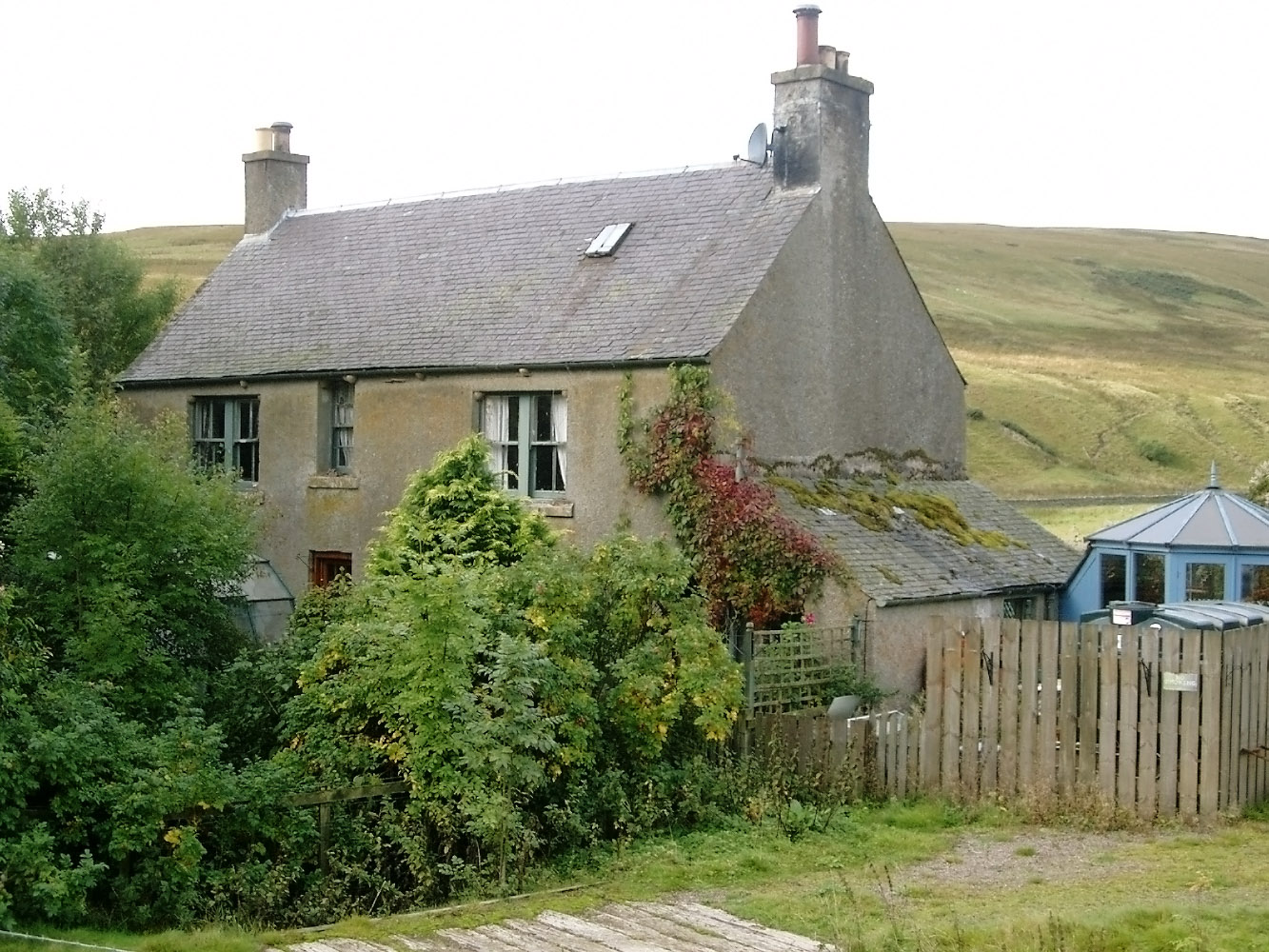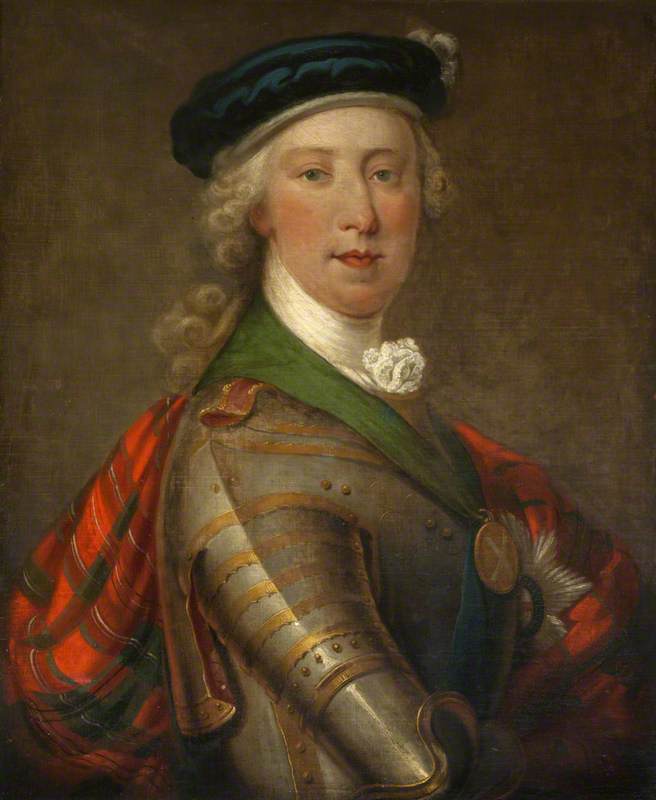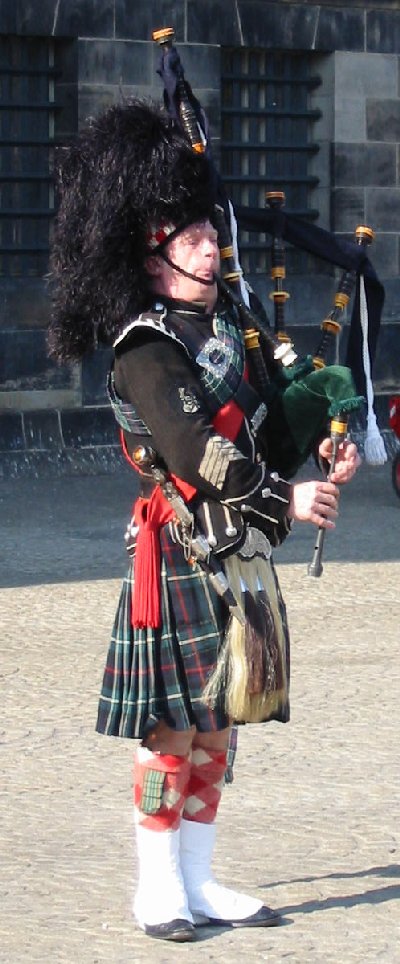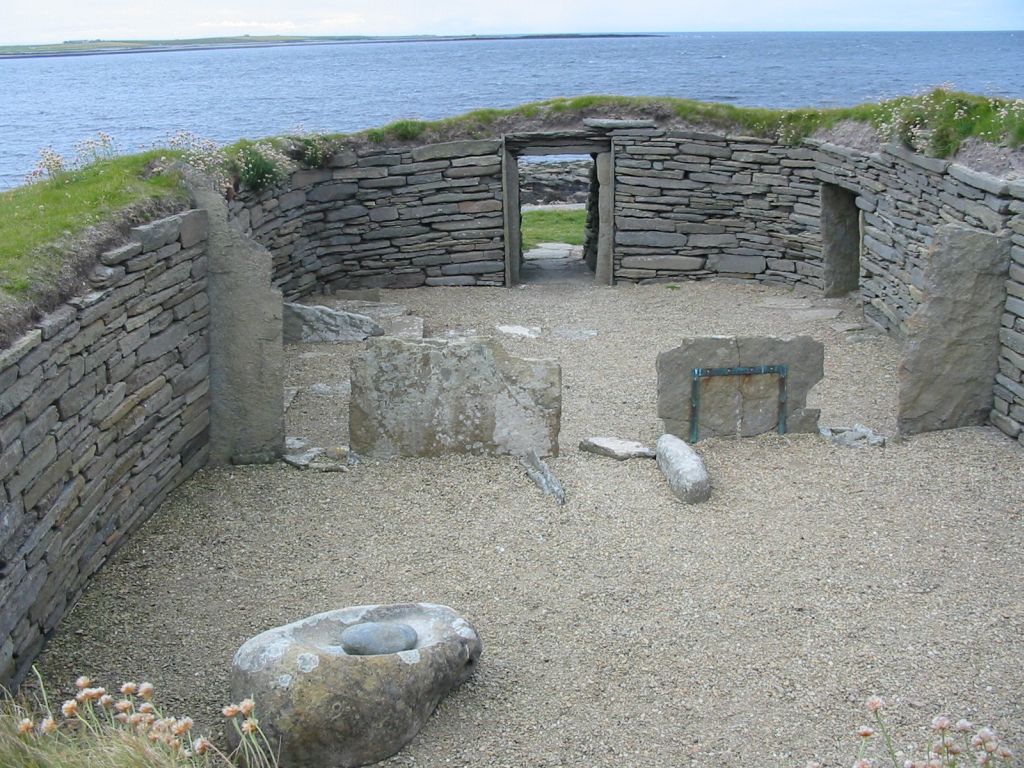|
Come O'er The Stream Charlie
"Come O'er the Stream Charlie" (aka "MacLean's Welcome") is a Scottish song whose theme is the welcome the Young Pretender would receive prior to the Jacobite rising of 1745. The words are attributed to James Hogg, who said he adapted it from a Gaelic song. It appears in Hogg's 1821 ''Jacobite Relics ''Jacobite Relics'' is a two volume collection of songs related to the Jacobite risings, compiled by the Scottish poet and novelist James Hogg on commission from the Highland Society of London in 1817. Most of the songs in the collection are Jacob ...''. Written well after the events it commemorates, it is not a genuine Jacobite song, as is the case with many others now considered in the "classic canon of Jacobite songs," most of which were songs "composed in the late eighteenth and nineteenth centuries, but were passed off as contemporary products of the Jacobite risings." References External links sheet music Jacobite songs Charles Edward Stuart Scottish songs 18th-cent ... [...More Info...] [...Related Items...] OR: [Wikipedia] [Google] [Baidu] |
Revolutionary Song
Revolutionary songs are political songs that advocate or praise revolutions. They are used to boost morale, as well as for political propaganda or Political demonstration, agitation. Amongst the most well-known revolutionary songs are "La Marseillaise" and "The Internationale". Many protest songs can be considered revolutionary - or later become canonized as revolutionary songs following a successful revolution. On the other hand, once a revolution is established, some of the aspects of protest song may be considered counter-revolutionary. Revolutionary songs are a notable part of propaganda. The singing of such songs is often considered as a demonstrative or revolutionary action. Such songs have been known to lend solidarity to disjointed political communities. Some revolutionary songs have appeared spontaneously; others have been written by notable authors, such as Bertolt Brecht. Revolutionary songs are frequently targeted at certain governments. By country Music was part of the ... [...More Info...] [...Related Items...] OR: [Wikipedia] [Google] [Baidu] |
Jacobite Rising Of 1745
The Jacobite rising of 1745, also known as the Forty-five Rebellion or simply the '45 ( gd, Bliadhna Theàrlaich, , ), was an attempt by Charles Edward Stuart to regain the Monarchy of Great Britain, British throne for his father, James Francis Edward Stuart. It took place during the War of the Austrian Succession, when the bulk of the British Army was fighting in mainland Europe, and proved to be the last in Jacobite risings, a series of revolts that began in Jacobite rising of 1689, 1689, with major outbreaks in 1708, Jacobite rising of 1715, 1715 and Jacobite rising of 1719, 1719. Charles launched the rebellion on 19 August 1745 at Glenfinnan in the Scottish Highlands, capturing Edinburgh and winning the Battle of Prestonpans in September. At a council in October, the Scots agreed to invade England after Charles assured them of substantial support from English Jacobitism, Jacobites and a simultaneous French landing in Southern England. On that basis, the Jacobite Army (1745) ... [...More Info...] [...Related Items...] OR: [Wikipedia] [Google] [Baidu] |
James Hogg
James Hogg (1770 – 21 November 1835) was a Scottish poet, novelist and essayist who wrote in both Scots and English. As a young man he worked as a shepherd and farmhand, and was largely self-educated through reading. He was a friend of many of the great writers of his day, including Sir Walter Scott, of whom he later wrote an unauthorised biography. He became widely known as the "Ettrick Shepherd", a nickname under which some of his works were published, and the character name he was given in the widely read series '' Noctes Ambrosianae'', published in ''Blackwood's Magazine''. He is best known today for his novel ''The Private Memoirs and Confessions of a Justified Sinner''. His other works include the long poem '' The Queen's Wake'' (1813), his collection of songs ''Jacobite Relics'' (1819), and his two novels ''The Three Perils of Man'' (1822), and ''The Three Perils of Woman'' (1823). Biography Early life James Hogg was born on a small farm near Ettrick, Selkirkshire, ... [...More Info...] [...Related Items...] OR: [Wikipedia] [Google] [Baidu] |
Jacobite Relics
''Jacobite Relics'' is a two volume collection of songs related to the Jacobite risings, compiled by the Scottish poet and novelist James Hogg on commission from the Highland Society of London in 1817. Most of the songs in the collection are Jacobite, and a minority are Whig. A number of the songs were written or adapted by Robert Burns and scholars speculate as to how many of them were authored or at least substantially altered by Hogg himself. The first volume was published in 1819 under the title ''The Jacobite Relics of Scotland; Being the Songs, Airs, and Legends, of the Adherents to the House of Stuart''. The second volume was published in 1821. An edited version of the work was published in 2002 (Volume 1) and 2003 (Volume 2) by Edinburgh University Press as Volumes 10 and 12 of the Stirling/South Carolina Research Edition of The Complete Works of James Hogg. The editor was Murray G. H. Pittock. After being revived by Ewan MacColl, several of the songs included ... [...More Info...] [...Related Items...] OR: [Wikipedia] [Google] [Baidu] |
Jacobitism
Jacobitism (; gd, Seumasachas, ; ga, Seacaibíteachas, ) was a political movement that supported the restoration of the senior line of the House of Stuart to the Monarchy of the United Kingdom, British throne. The name derives from the first name of James II and VII, which in Latin translates as ''Jacobus (name), Jacobus''. When James went into exile after the November 1688 Glorious Revolution, the Parliament of England argued that he had abandoned the Kingdom of England, English throne, which they offered to his Protestant daughter Mary II, and her husband William III of England, William III. In April, the Convention of Estates (1689), Scottish Convention held that he "forfeited" the throne of Scotland by his actions, listed in the Articles of Grievances. The Revolution thus created the principle of a contract between monarch and people, which if violated meant the monarch could be removed. Jacobites argued monarchs were appointed by God, or Divine right of kings, divine right, a ... [...More Info...] [...Related Items...] OR: [Wikipedia] [Google] [Baidu] |
Jacobite Songs
Jacobite means follower of Jacob or James. Jacobite may refer to: Religion * Jacobites, followers of Saint Jacob Baradaeus (died 578). Churches in the Jacobite tradition and sometimes called Jacobite include: ** Syriac Orthodox Church, sometimes colloquially known as the Jacobite Church ** Jacobite Syrian Christian Church, autonomous branch of the Syriac Orthodox Church in Kerala, India ** Malankara Orthodox Syrian Church, an autocephalous Jacobite church based in Kerala, India * Jacobite, follower of Henry Jacob (1563–1624), English clergyman * Jacobites, Biblical name for descendants of Jacob Politics * Jacobites, followers of Jacobitism, political movement to resurrect the Stuart kingship, 1688–1780s * Jacobite risings, series of rebellions in Great Britain and Ireland, 1688–1746 * Jacobite succession, the line through which the British ''crown in pretence'' has descended since 1688 * Jacobite consorts, those who were married to Jacobite pretenders since 1688 * Jacobite P ... [...More Info...] [...Related Items...] OR: [Wikipedia] [Google] [Baidu] |
Charles Edward Stuart
Charles Edward Louis John Sylvester Maria Casimir Stuart (20 December 1720 – 30 January 1788) was the elder son of James Francis Edward Stuart, grandson of James II and VII, and the Stuart claimant to the thrones of England, Scotland and Ireland from 1766 as Charles III. During his lifetime, he was also known as "the Young Pretender" and "the Young Chevalier"; in popular memory, he is known as Bonnie Prince Charlie. Born in Rome to the exiled Stuart court, he spent much of his early and later life in Italy. In 1744, he travelled to France to take part in a planned invasion to restore the Stuart monarchy under his father. When the French fleet was partly wrecked by storms, Charles resolved to proceed to Scotland following discussion with leading Jacobites. This resulted in Charles landing by ship on the west coast of Scotland, leading to the Jacobite rising of 1745. The Jacobite forces under Charles initially achieved several victories in the field, including the Battle of ... [...More Info...] [...Related Items...] OR: [Wikipedia] [Google] [Baidu] |
Scottish Songs
Scotland is internationally known for its traditional music, which remained vibrant throughout the 20th century and into the 21st, when many traditional forms worldwide lost popularity to pop music. In spite of emigration and a well-developed connection to music imported from the rest of Europe and the United States, the music of Scotland has kept many of its traditional aspects; indeed, it has itself influenced many forms of music. Many outsiders associate Scottish folk music almost entirely with the Great Highland Bagpipe, which has long played an important part in Scottish music. Although this particular form of bagpipe developed exclusively in Scotland, it is not the only Scottish bagpipe. The earliest mention of bagpipes in Scotland dates to the 15th century although they are believed to have been introduced to Britain by the Roman armies. The ''pìob mhór'', or Great Highland Bagpipe, was originally associated with both hereditary piping families and professional pipers t ... [...More Info...] [...Related Items...] OR: [Wikipedia] [Google] [Baidu] |
18th-century Songs
The 18th century lasted from January 1, 1701 ( MDCCI) to December 31, 1800 ( MDCCC). During the 18th century, elements of Enlightenment thinking culminated in the American, French, and Haitian Revolutions. During the century, slave trading and human trafficking expanded across the shores of the Atlantic, while declining in Russia, China, and Korea. Revolutions began to challenge the legitimacy of monarchical and aristocratic power structures, including the structures and beliefs that supported slavery. The Industrial Revolution began during mid-century, leading to radical changes in human society and the environment. Western historians have occasionally defined the 18th century otherwise for the purposes of their work. For example, the "short" 18th century may be defined as 1715–1789, denoting the period of time between the death of Louis XIV of France and the start of the French Revolution, with an emphasis on directly interconnected events. To historians who expand ... [...More Info...] [...Related Items...] OR: [Wikipedia] [Google] [Baidu] |
18th Century In Scotland
The recorded begins with the arrival of the Roman Empire in the 1st century, when the Roman province, province of Roman Britain, Britannia reached as far north as the Antonine Wall. North of this was Caledonia, inhabited by the ''Picti'', whose uprisings forced Rome's legions back to Hadrian's Wall. As Rome finally Roman withdrawal from Britain, withdrew from Britain, Gaels, Gaelic raiders called the ''Scoti'' began colonising Western Scotland and Wales. Prior to Roman times, prehistoric Scotland entered the Neolithic Era about 4000 BC, the Bronze Age about 2000 BC, and the Iron Age around 700 BC. The Gaelic kingdom of Dál Riata was founded on the west coast of Scotland in the 6th century. In the following century, History of Christianity in Ireland, Irish missionaries introduced the previously Pictish religion, pagan Picts to Celtic church, Celtic Christianity. Following Saxon England, England's Gregorian mission, the Pictish king Nechtan mac Der-Ilei, Ne ... [...More Info...] [...Related Items...] OR: [Wikipedia] [Google] [Baidu] |
Political Songs
Revolutionary songs are political songs that advocate or praise revolutions. They are used to boost morale, as well as for political propaganda or agitation. Amongst the most well-known revolutionary songs are "La Marseillaise" and "The Internationale". Many protest songs can be considered revolutionary - or later become canonized as revolutionary songs following a successful revolution. On the other hand, once a revolution is established, some of the aspects of protest song may be considered counter-revolutionary. Revolutionary songs are a notable part of propaganda. The singing of such songs is often considered as a demonstrative or revolutionary action. Such songs have been known to lend solidarity to disjointed political communities. Some revolutionary songs have appeared spontaneously; others have been written by notable authors, such as Bertolt Brecht. Revolutionary songs are frequently targeted at certain governments. By country Music was part of the cultural support of the ... [...More Info...] [...Related Items...] OR: [Wikipedia] [Google] [Baidu] |
Year Of Song Unknown
A year or annus is the orbital period of a planetary body, for example, the Earth, moving in its orbit around the Sun. Due to the Earth's axial tilt, the course of a year sees the passing of the seasons, marked by change in weather, the hours of daylight, and, consequently, vegetation and soil fertility. In temperate and subpolar regions around the planet, four seasons are generally recognized: spring, summer, autumn and winter. In tropical and subtropical regions, several geographical sectors do not present defined seasons; but in the seasonal tropics, the annual wet and dry seasons are recognized and tracked. A calendar year is an approximation of the number of days of the Earth's orbital period, as counted in a given calendar. The Gregorian calendar, or modern calendar, presents its calendar year to be either a common year of 365 days or a leap year of 366 days, as do the Julian calendars. For the Gregorian calendar, the average length of the calendar year (the mean yea ... [...More Info...] [...Related Items...] OR: [Wikipedia] [Google] [Baidu] |






